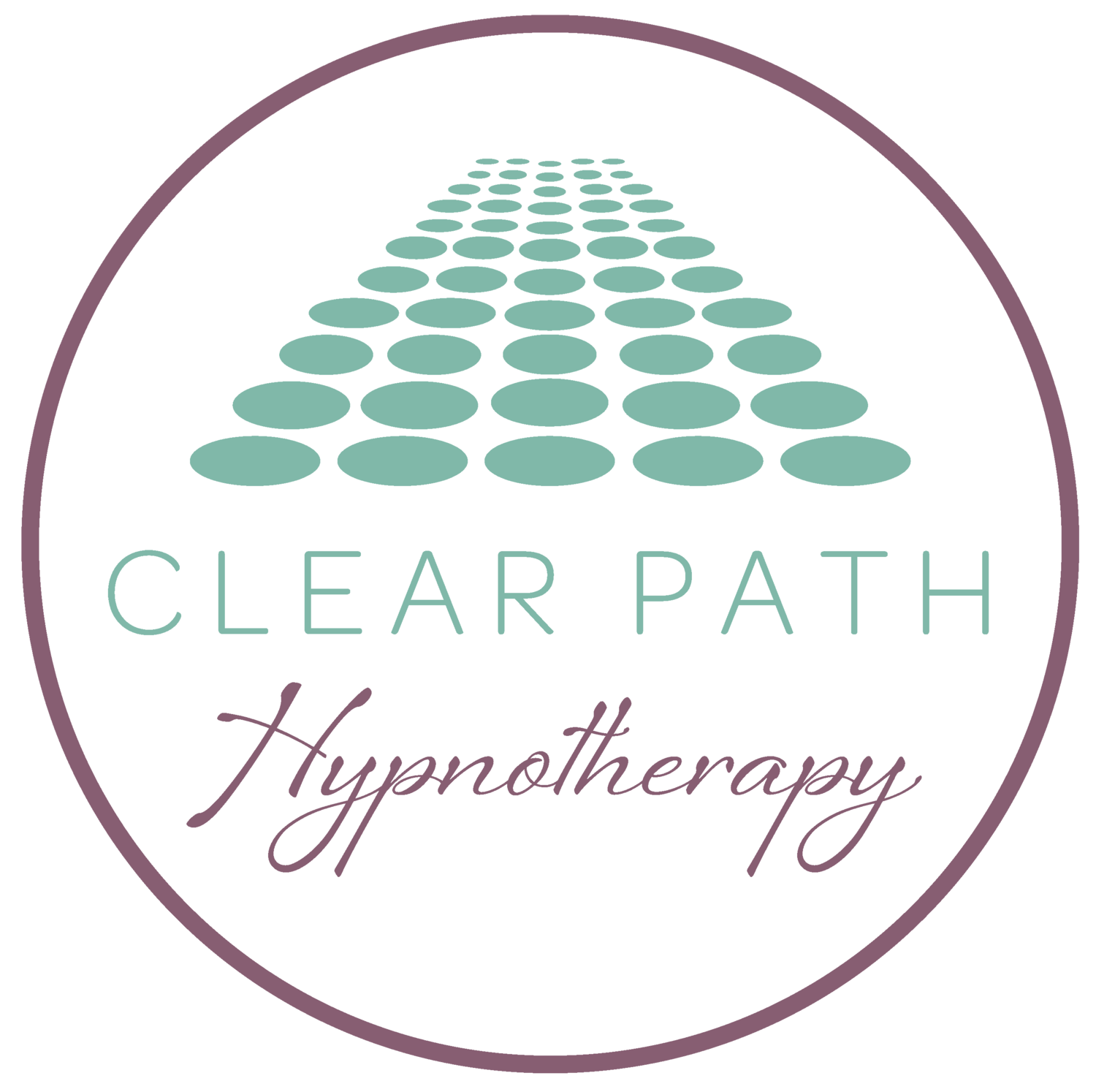Navigating Menopause
Menopause is having a moment! The ‘M Word’ was not something mentioned very often when I was growing up, so it is wonderful to see that this completely natural and inevitable part of a woman’s life is now spoken about more openly.
Nobody’s menopause journey is the same. It often creeps up on us; perhaps it’s the brain fog that starts first, or the disrupted sleep. Maybe it is a sense of irritability or even rage. Don’t even get me started with the night-sweats or hot flushes! For me, there was a combination of such random symptoms that it took a while to put the puzzle pieces together.
HRT can be a lifesaver, but it is not suitable for everyone. So what are the things we can all do to reduce symptoms? The first area to look at is diet, it is well-researched that Japanese women do not seem to suffer from many of the symptoms of menopause that their Western sisters do and it is thought that their soy rich diet plays a part in this. Furthermore, the Japanese word for Menopause is ‘Konenki’ which translates as ‘renewal and regeneration’ a beautiful and positive description so far from the image of decrepitude and decline this time of life is so often portrayed as in our culture. Reducing alcohol can be a big help in getting sleep back on track and reducing night-sweats. Menopause is also a time when we can lose muscle mass, so some light weight training can be very beneficial - it doesn’t have to be full-on weight lifting, using the weight of our own body in exercises such as the plank, can have a great effect.Yoga and pilates are also great for building strength. Yoga is also wonderful for fostering a sense of relaxation and well-being. There are so many simple, free work-out videos available online, but please do consult your Doctor before embarking on a new exercise regime
Some daily self-care practices that can help include journalling , ideally first thing in the morning, as a wonderful way of listening to yourself and what it is you want and need. Just put pen to paper, don’t think too much and write. Gratitude is a deceptively simple habit to get into. Before you go to sleep at night, find 3 things that have been good about your day it could be a coffee with a friend, noticing a particularly nice flower, receiving a compliment - anything. When we look for the good, the good increases and we begin to find these ‘glimmers’ in even the most stressful of days. Finally, allocating some time for yourself is especially important at this time. If you are crafty, it’s time to pick up the crochet hook or paintbrush again, if you like to read - make sure you have a book on the go. Even just listening to some relaxing music with your favourite hot drink can reduce feelings of overwhelm and anxiety.
If you would like to find out more about how I can help you to menopause well, do get in touch. I get it, I have been there!
